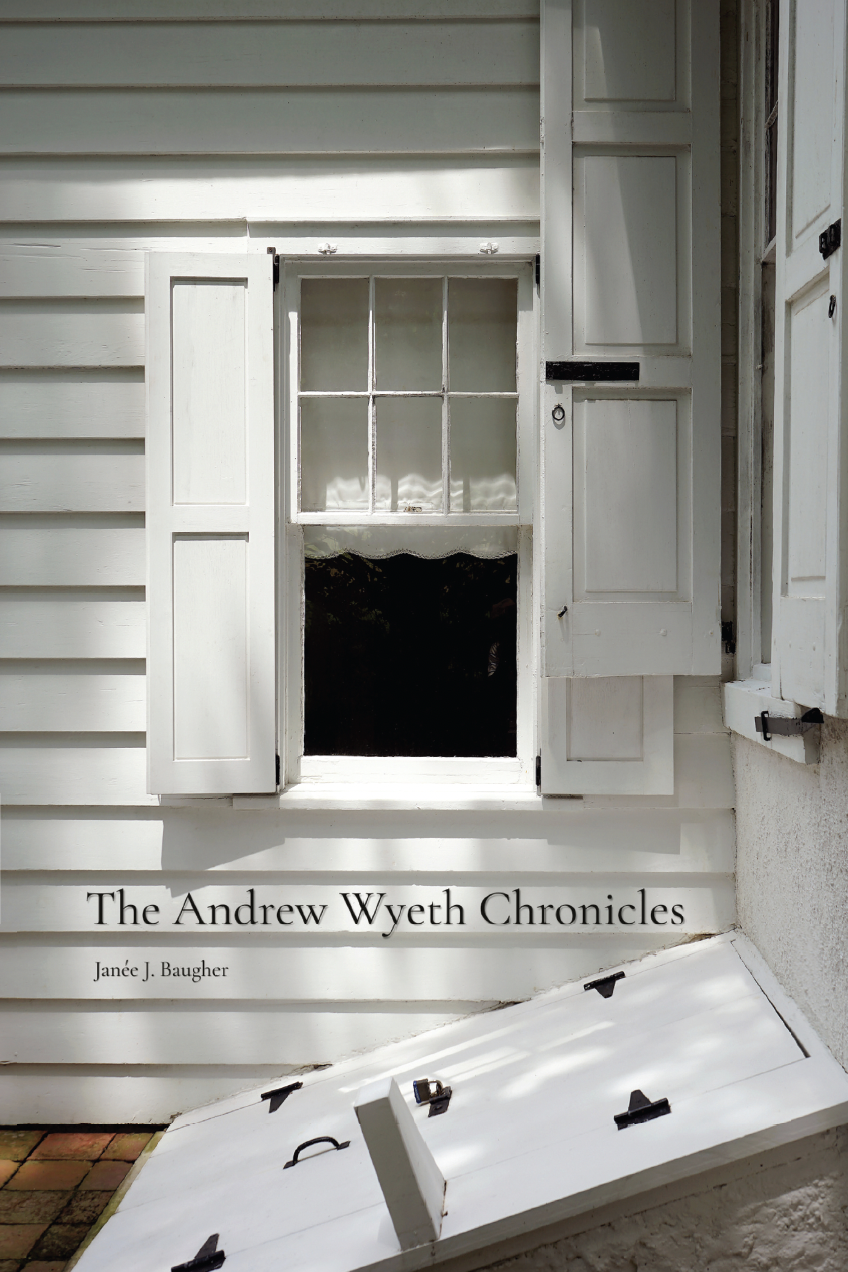WINNER OF THE DORSET PRIZE FOR POETRY
“The first two poems of The Andrew Wyeth Chronicles so excited me that I had to stop reading, stand up and leave the room, and cross a few items off my daily list of things to do before I could return to the manuscript—I knew I wouldn’t be able to judge the manuscript fairly if I just rode that initial buzz to the end. But as I walked down the hall, and then down the stairs, I was thinking about those poems, and in particular about the form in which the poet had chosen to write them—each poem is a series of numbered notes, some lineated, some written like prose, each note implicitly guiding the reader to more information about a poem’s titular painting. The notes brilliantly stitch the act of composition to the page while also holding the poems open—the best lyric poems, after all, are finally irresolvable; they cannot be finished, closed. Via the notes, one sees through the paintings to which they refer, and imagines oneself in the position of Andrew Wyeth himself, a step away from the painting he has just made, or is making, so that one traces the poet’s ekphrastic experience from behind the painting, as it were, rather than in front of it. What a strange, impossible effect! But in The Andrew Wyeth Chronicles it is achieved again and again. And it’s an effect I couldn’t, it turns out, walk away from, and having done the things I had stood up to do, I climbed the stairs, walked back to my desk, and sat down to The Andrew Wyeth Chronicles again, still buzzing, held open.”
— Judge, Shane McCrae, author of The Many Hundreds of the Scent
About the Author
Janée J. Baugher is the author of the only craft book of its kind, The Ekphrastic Writer: Creating Art-Influenced Poetry, Fiction and Nonfiction, as well as the full-length poetry collections, The Body’s Physics and Coördinates of Yes.
Format: Paperback
Published: February 2026
ISBN: 978-1-961209-53-4

